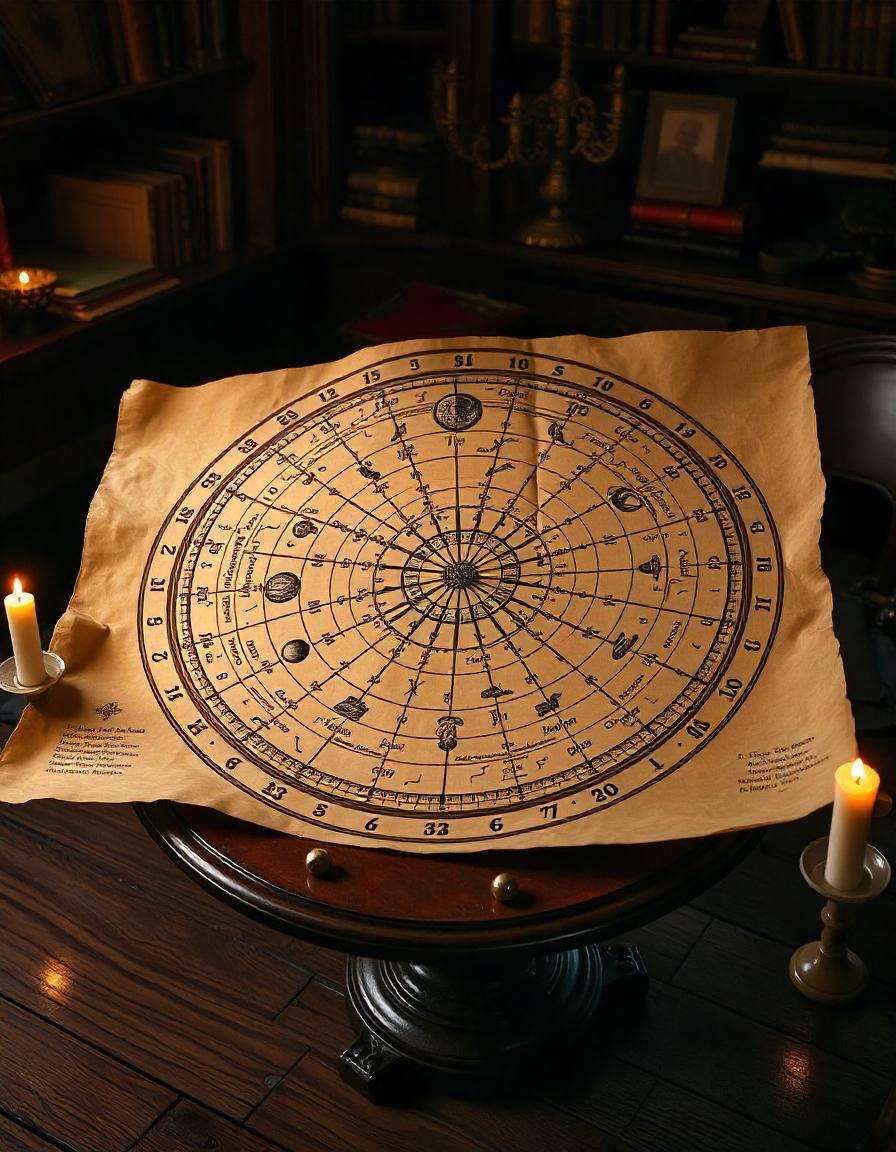Introduction To Astrology
Astrology is an ancient practice that has fascinated humans for centuries. It is the study of celestial bodies and their influence on human lives and earthly events. While some see astrology as a science, others consider it a mystical art that provides insights into personality traits, relationships, and future possibilities. Whether you are a skeptic or a believer, astrology has a rich history and continues to be a subject of interest in modern times.
Table of Contents
ToggleThe Origins of Astrology
Astrology dates back to ancient civilizations, including Babylon, Egypt, Greece, and China. The Babylonians are credited with developing the first astrological systems around 2000 BCE. They created a zodiac system that divided the sky into twelve sections, each associated with different constellations. The Greeks later refined these concepts, with philosophers such as Ptolemy documenting astrological theories in works like the Tetrabiblos. Over time, astrology spread across cultures, influencing different forms of divination and spiritual practices.
The Zodiac and Its Importance
One of the fundamental aspects of astrology is the zodiac. The zodiac consists of twelve signs, each corresponding to specific dates in the year. These signs are:
- Aries (March 21 – April 19) – Bold, ambitious, and energetic.
- Taurus (April 20 – May 20) – Practical, patient, and reliable.
- Gemini (May 21 – June 20) – Versatile, curious, and communicative.
- Cancer (June 21 – July 22) – Sensitive, nurturing, and intuitive.
- Leo (July 23 – August 22) – Confident, charismatic, and creative.
- Virgo (August 23 – September 22) – Analytical, detail-oriented, and practical.
- Libra (September 23 – October 22) – Diplomatic, charming, and fair-minded.
- Scorpio (October 23 – November 21) – Intense, passionate, and mysterious.
- Sagittarius (November 22 – December 21) – Adventurous, optimistic, and philosophical.
- Capricorn (December 22 – January 19) – Disciplined, ambitious, and responsible.
- Aquarius (January 20 – February 18) – Innovative, independent, and humanitarian.
- Pisces (February 19 – March 20) – Compassionate, artistic, and intuitive.
Each zodiac sign is associated with an element (Fire, Earth, Air, or Water), a ruling planet, and certain personality traits. Many believe that understanding one’s zodiac sign can help individuals gain insights into their strengths, weaknesses, and compatibility with others.
The Role of Planets in Astrology
In addition to the zodiac signs, astrology considers the influence of planets on human behavior. Each planet governs different aspects of life:
- Sun – Represents the core self, identity, and vitality.
- Moon – Governs emotions, intuition, and inner self.
- Mercury – Influences communication, intellect, and reasoning.
- Venus – Rules love, beauty, and relationships.
- Mars – Represents energy, passion, and drive.
- Jupiter – Associated with luck, expansion, and wisdom.
- Saturn – Symbolizes discipline, responsibility, and challenges.
- Uranus – Governs innovation, rebellion, and sudden changes.
- Neptune – Represents dreams, imagination, and spirituality.
- Pluto – Associated with transformation, power, and rebirth.
Astrologers analyze the positions of these planets at the time of a person’s birth to create a natal chart, which provides a detailed overview of an individual’s personality and potential life path.
Astrology in Modern Life
Today, astrology continues to be popular, with many people reading daily horoscopes, consulting astrologers, and using birth charts to understand themselves better. Astrology apps, online readings, and personalized reports have made it more accessible than ever. Some use astrology for self-discovery, while others find comfort in its guidance.
Despite its popularity, astrology remains a topic of debate. While some studies suggest that planetary positions do not directly influence human behavior, others argue that astrology offers valuable psychological insights and a framework for self-reflection.
Conclusion
Astrology is a vast and intricate field that has evolved over thousands of years. Whether you view it as a science, an art, or simply entertainment, it continues to captivate people worldwide. Exploring astrology can be a fun and enlightening experience, offering new perspectives on personality, relationships, and life’s challenges. Whether you believe in the stars or not, the cosmic journey of astrology is worth exploring! If you want to learn astrology or numerology visit our astrology course or numerology course today. You can check out our other occult science courses too.



